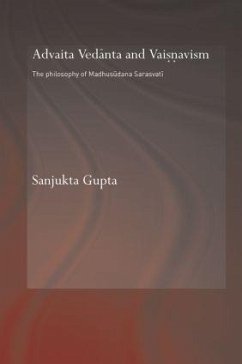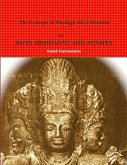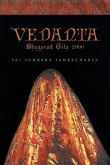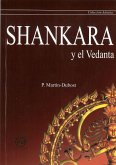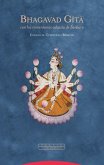In Indian philosophy and theology, the ideology of Vedanta occupies an important position. Hindu religious sects accept the Vedantic soteriology, which believes that there is only one conscious reality, Brahman from which the entire creation, both conscious and non-conscious, emanated. Madhusudana Sarasvati, who lived in sixteenth century Bengal and wrote in Sanskrit, was the last great thinker among the Indian philosophers of Vedanta. During his time, Hindu sectarians, rejected monistic Vedanta. Although a strict monist, Madhusudana tried to make a synthesis between his monistic philosophy and his theology of emotional love for God. Sanjukta Gupta provides the only comprehensive study of Madhusudana Sarasvati's thought. She explores the religious context of his extensive and difficult works, offering invaluable insights into Indian philosophy and theology.
Hinweis: Dieser Artikel kann nur an eine deutsche Lieferadresse ausgeliefert werden.
Hinweis: Dieser Artikel kann nur an eine deutsche Lieferadresse ausgeliefert werden.

